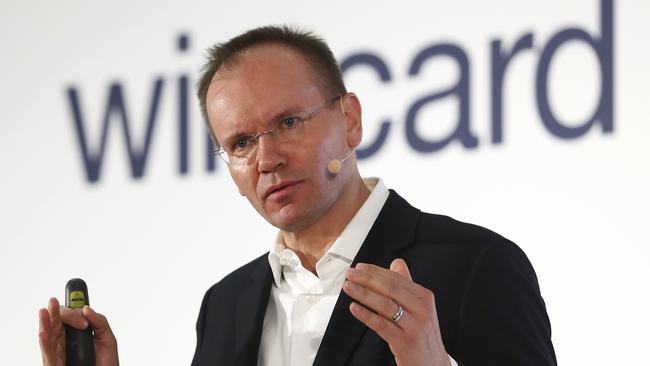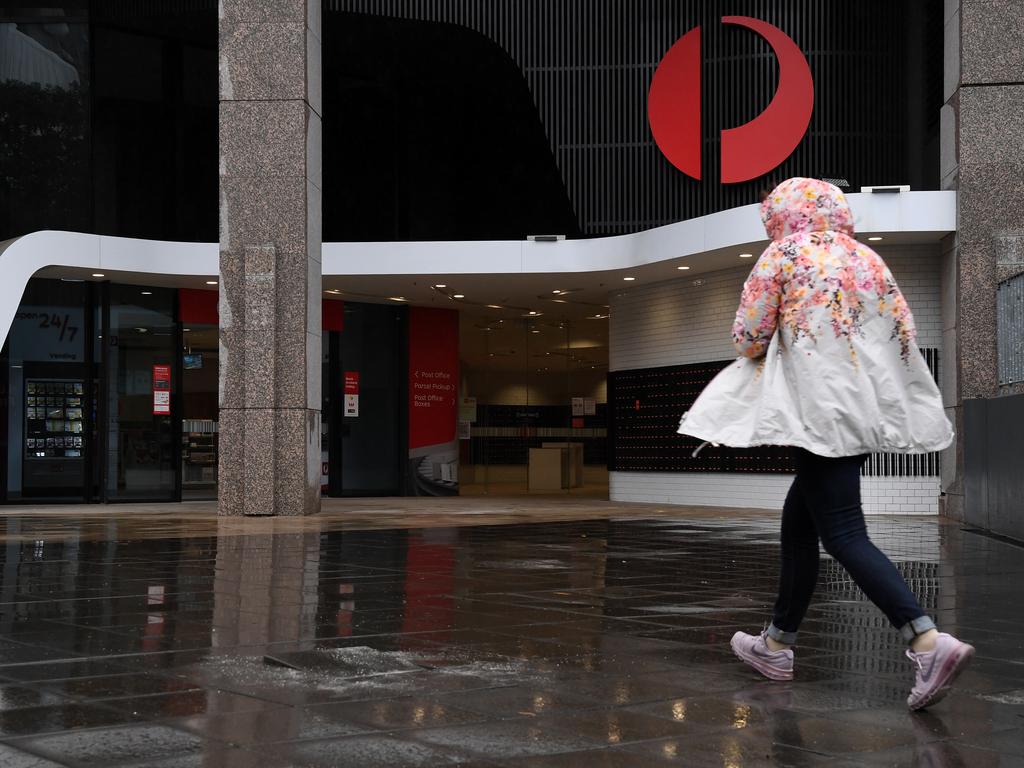Staff doubt integrity of leaders
Employees in major companies are not confident their executive leaders will act ethically in the post-crisis world.

Employees in major companies and even some board members are not confident their executive leaders will act morally and ethically in the crisis world caused by COVID-19, according to a new global survey.
The EY Global Integrity Report 2020 to be released on Thursday reveals divisions on the repercussions for company ethics as a result of the pandemic as companies come under intense pressure to cut costs to arrest plummeting revenues.
While the majority (90 per cent) of respondents to the survey said the disruption caused by COVID-19 posed a risk to ethical business conduct, there was a big disparity between boards, senior management and employees on the implications for compliance.
While 43 per cent of board members and 37 per cent of senior managers surveyed believed the pandemic could lead to change and better business ethics, only 21 per cent of junior employees agreed.
But 55 per cent of board members also believed there were managers in their organisation who would sacrifice integrity for short-term gain.
“Extreme pressures can lead to moral and ethical decisions that organisations must respond to at speed and under increased scrutiny,” said Andrew Gordon, EY Global forensic and integrity services leader.
“Leaders must have confidence that their employees at all levels will act with integrity. Yet, tone from the top is important, and we can clearly see that some employees do not have faith that their boards and senior leaders will be making the right choices.”
“Now is the time to ensure that leaders act in a way that demonstrates to all their stakeholders a commitment to doing the right thing now, next and beyond.”
On Tuesday, former Wirecard CEO Markus Braun was arrested in Germany, days after the company reported that $US2.2bn ($3.17bn) was missing.
The EY findings are part of a survey of almost 3000 respondents from 33 countries up to February this year.
It showed that even before the COVID-19 pandemic, the majority (53 per cent) of junior employees were not very confident that their management abided by relevant laws, codes of conduct and industry regulations.
Thirteen per cent of all respondents appeared prepared to ignore ethical misconduct by third parties to boost their career or pay, with the figure rising to 20 per cent among board members.
Of Australian respondents to the survey, 14 per cent said standards of integrity had worsened over the past two years, significantly higher than global counterparts (6 per cent).
An additional 600 employees across all levels of seniority were surveyed at the height of the COVID-19 crisis in April in companies across six countries — China, Germany, Italy, Britain, India and the US.
Aside from worsening market conditions due to the pandemic, 33 per cent of respondents surveyed at the height of the COVID-19 crisis in April, said disruption to traditional working patterns and an increase in remote working was the top risk to the ethical conduct of their organisation.
In addition, 28 per cent of respondents thought disruption to supply chains and reductions in employee benefits and pay (24 per cent) posed heightened risks to their company’s ethics.
“Extreme pressures, like we are all facing now, mean that moral and ethical decisions often need to be made at speed,” Mr Gordon said. “Business leaders must have confidence that their employees will act with integrity — but that’s a two-way street. Employees need to know their leaders act morally and ethically, even and especially in a crisis.
“Our report shows that for many employees, this is not the case.
“Boards need to be acting now to demonstrate to all their stakeholders that they will do the right thing, no matter the circumstances, or they will pay the price down the track.”








To join the conversation, please log in. Don't have an account? Register
Join the conversation, you are commenting as Logout